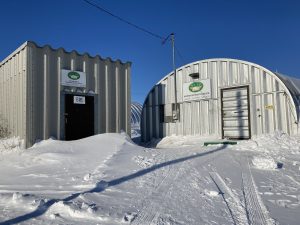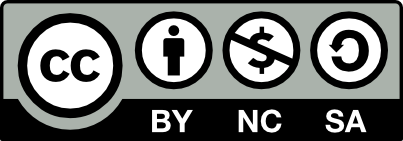To understand, document, and 'story' the everyday governance of food

This project to addresses food security and food sovereignty initiatives in Inuit Nunangat, with the goal of understanding their emergence in relation to a suite of interrelated factors, including urbanization, climate change, resource extraction, reconciliation, and Inuit self-determination. The project brings into dialogue geographic literature on governance and Indigenous food sovereignty and contributes to a 'critical Northern geography' of food governance. Two main objectives guide the research:

1. To scope and characterize the formal governance (discourses and practices) of food security in Inuit Nunangat. Through archivalwork, interviews and workshops we aim to a) document the diverse institutional actors and networks involved in food's formal governance across Inuit Nunangat; b) identify the dominant discourses these institutional actors have used to frame food security; c) compare and contrast the discourses and practices promoted by these institutional actors, and evaluate their alignment with priorities laid out in the Inuit Nunangat Food Security Strategy (INFSS); d) characterize how food has been instrumentalized (discursively and programmatically) in Nunavik to serve a diversity of potentially conflicting goals (e.g., economic development, resource extraction, national security, reconciliation, Inuit self-determination).

2.To understand, document, and 'story' the everyday governance of food in
Nunavik. Using participatory methodologies, including youth & elders storytelling sessions, we aim to a) examine how formal discourses and practices are interpreted, adopted, adapted, and/or refused by community-based organizations and Inuit; b) understand food's relation to land and well-being; c) document how these everyday practices contribute to "a self-determined and sustainable food system in Inuit Nunangat that reflects Inuit societal values, supports Inuit well-being, and ensures Inuit access to affordable, nutritious, safe, and culturally preferred foods" (as defined in INFSS); d) examine how spaces of encounter between Inuit youth & elders inform and shape the everyday governance of food and affirm Inuit food sovereignty.
Team

Nathan McClintock and Magalie Quintal Marineau (professors, INRS), Hubert Demers-Campeau and Lucie Cordier (master's in Population Studies), and Laurie Hétu (master's in Urban Studies). Our partners include the Nunavik Regional Board of Health and Human Services.
Funding


